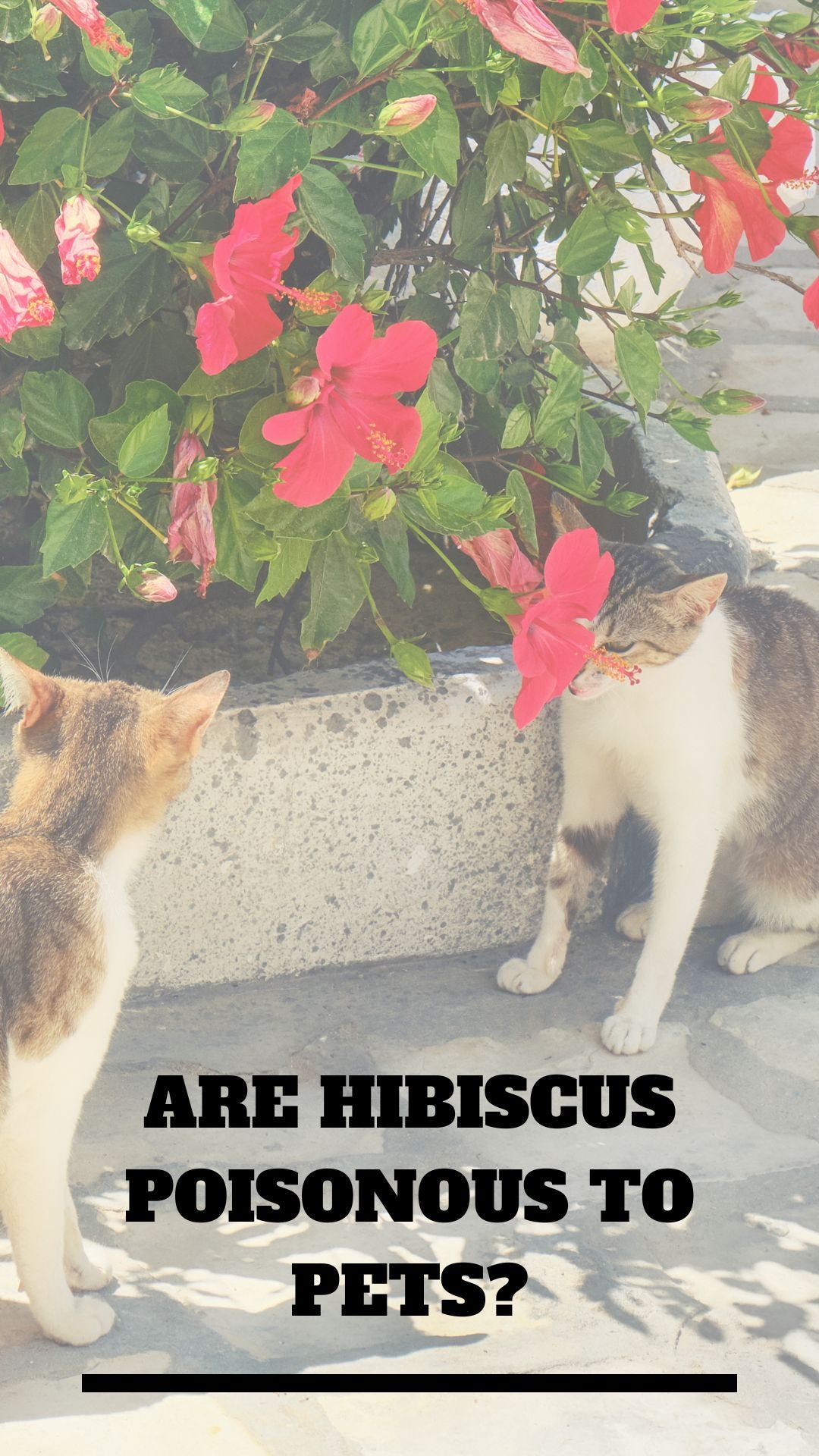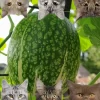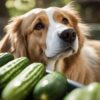Key Takeaways
Hibiscus moscheutos, also known as the swamp rose mallow, is generally safe for pets but can cause mild gastrointestinal upset if ingested.
Symptoms of hibiscus poisoning in pets include vomiting, diarrhea, and drooling.
If your pet eats a hibiscus flower, remove any remaining plant material from their mouth and offer water.
Seek veterinary care if symptoms persist or worsen after ingestion.
Hibiscus moscheutos prefers full sun, grows up to 4-7 feet tall, and is a perennial plant that returns each year.
Hibiscus Moscheutos Overview
Hibiscus moscheutos, commonly known as the swamp rose mallow, is a beautiful flowering plant that can add a splash of color to any garden. It is a perennial plant, meaning it comes back year after year, and it thrives in full sun. This plant can grow quite tall, reaching heights of 4 to 7 feet. Known for its large, showy flowers, hibiscus moscheutos is a favorite among gardeners.
“Are Hibiscus Poisonous To Pets …” from medium.com and used with no modifications.
Safety of Hibiscus Moscheutos for Cats and Dogs
Many pet owners wonder if hibiscus moscheutos is safe for their furry friends. While this plant is generally considered non-toxic to pets, it can cause mild gastrointestinal upset if ingested. This means that if your cat or dog decides to munch on a hibiscus flower, they might experience some stomach discomfort but are unlikely to suffer any severe health issues.
However, it’s always a good idea to monitor your pets around any plants. Some animals have more sensitive stomachs than others, and what might cause mild symptoms in one pet could lead to more severe reactions in another.
Understanding Hibiscus Toxicity in Pets
Toxicity Levels in Hibiscus Moscheutos vs. Other Types
Not all hibiscus plants are created equal when it comes to pet safety. For instance, the Scarlet Hibiscus (Hibiscus syriacus) is known to be toxic to dogs and can cause significant gastrointestinal distress. In contrast, hibiscus moscheutos is much safer, though still not entirely free from causing mild symptoms.
Hibiscus moscheutos: Generally safe, mild symptoms like vomiting and diarrhea.
Hibiscus syriacus: Toxic, can cause severe gastrointestinal issues.
It’s crucial to know which type of hibiscus you have in your garden to ensure the safety of your pets. Always check the specific variety and consult with your veterinarian if you’re unsure. For more information on hibiscus poisoning in pets, visit Wag!.
Symptoms of Hibiscus Poisoning in Cats
Cats who ingest hibiscus flowers may show symptoms such as:
Vomiting
Diarrhea
Drooling
These symptoms are usually mild and should pass within a few hours. However, if your cat continues to show signs of distress or if the symptoms worsen, it’s essential to contact your veterinarian immediately.
Symptoms of Hibiscus Poisoning in Dogs
Dogs are more likely to chew on plants, so it’s important to know the symptoms of hibiscus poisoning in them as well. These include:
Vomiting
Diarrhea
Drooling
Like with cats, these symptoms are typically mild but should be monitored closely. If your dog shows persistent or severe symptoms, seek veterinary care right away.
When to Seek Veterinary Care
If your pet has ingested hibiscus moscheutos and is showing symptoms like vomiting, diarrhea, or drooling, it’s essential to monitor them closely. While these symptoms are usually mild and resolve on their own, there are instances where veterinary care is necessary.
Seek veterinary care if your pet has ingested any part of the hibiscus plant. For more information on pet-safe plants, you can read about pet-safe Angelonia.
Symptoms persist for more than 24 hours.
Your pet appears lethargic or weak.
There is blood in the vomit or stool.
Your pet refuses to eat or drink.
In these cases, it’s better to be safe and consult with your veterinarian. They can provide the appropriate care and ensure your pet recovers quickly.
Home Care and Monitoring
For mild cases of hibiscus ingestion, home care and monitoring can be sufficient. Here are some steps you can take:
Remove any remaining plant material from your pet’s mouth.
Offer fresh water to help flush out any toxins.
Monitor your pet’s behavior and symptoms closely.
Provide a bland diet (like boiled chicken and rice) if your pet’s stomach is upset.
Keep a close eye on your pet and make sure they are comfortable. If symptoms worsen or new symptoms appear, don’t hesitate to contact your veterinarian.
Safe Practices for Pets Around Hibiscus Plants
Creating a safe environment for your pets is crucial, especially if you have plants like hibiscus moscheutos in your garden. Here are some practices to ensure your pets stay safe:
Creating Pet-Safe Gardens
Designing a pet-safe garden involves selecting plants that are non-toxic and safe for your furry friends. Besides hibiscus moscheutos, consider adding other pet-friendly plants such as marigolds, sunflowers, and petunias. These plants are not only safe but also add beauty to your garden.
Using Physical Barriers and Deterrents
Physical barriers can be an effective way to keep your pets away from potentially harmful plants. Consider using deterrents for hibiscus poisoning.
Fencing around garden beds.
Raised planters that are out of reach.
Netting or mesh to cover specific plants.
Additionally, you can use pet-safe deterrent sprays that make plants less appealing to chew on. These sprays usually have a bitter taste that discourages pets from nibbling.
Training Pets to Avoid Plants
Training your pets to avoid certain plants can be a long-term solution. Use positive reinforcement techniques to teach your pets which areas of the garden are off-limits. Reward them with treats and praise when they avoid these areas.
You can also create designated play areas with toys and activities to keep them entertained and away from the plants.
Basic Care Tips for Hibiscus Moscheutos
Taking care of hibiscus moscheutos is relatively straightforward, but there are some key factors to consider to ensure they thrive in your garden.
Sun vs. Shade Preferences
Hibiscus moscheutos thrives in full sun. This means they need at least 6 hours of direct sunlight each day. While they can tolerate partial shade, their growth and flowering may be less vigorous. If you’re interested in other pet-safe plants, there are many options to explore.
Ideal Growing Conditions
These plants prefer well-drained soil that is rich in organic matter. They also appreciate consistent moisture, so regular watering is essential, especially during dry spells. Mulching around the base of the plant can help retain soil moisture and keep the roots cool.
Expected Height and Size
Hibiscus moscheutos can grow quite tall, reaching heights of 4 to 7 feet. They also spread out, so give them plenty of space in your garden to grow and flourish. These plants can become a focal point in your garden due to their impressive size and beautiful flowers.
Annual or Perennial Nature
Hibiscus moscheutos is a perennial plant, meaning it will come back year after year. In colder climates, the above-ground parts of the plant may die back in winter, but new growth will emerge from the roots in the spring.
With proper care, these plants can provide years of beauty and enjoyment in your garden.
Conclusion
Hibiscus moscheutos is a stunning addition to any garden and is generally safe for pets, though it can cause mild gastrointestinal upset if ingested. By understanding the symptoms of hibiscus poisoning and knowing what steps to take if your pet eats a hibiscus flower, you can ensure the safety and well-being of your furry friends. Additionally, implementing safe gardening practices and providing proper care for your hibiscus plants will help them thrive and bring beauty to your outdoor space for years to come.
FAQ
To further assist you, here are some frequently asked questions about pet-safe plants and hibiscus moscheutos.
Is Hibiscus Moscheutos Safe for Indoor Cats?
Yes, hibiscus moscheutos is generally safe for indoor cats. However, it’s still a good idea to keep the plant out of reach to prevent any potential gastrointestinal upset from nibbling on the leaves or flowers.
Can Hibiscus Plants Harm Other Pets Like Rabbits or Birds?
While hibiscus moscheutos is not highly toxic, it can still cause mild symptoms in other pets like rabbits or birds. It’s best to monitor any interactions your pets have with the plant and consult with a veterinarian if you notice any unusual symptoms.
Rabbits: May experience mild gastrointestinal upset.
Birds: Generally safe but monitor for any signs of distress.
What Other Plants Should I Avoid Having Around Pets?
There are several common plants that can be harmful to pets, including:
Lilies: Highly toxic to cats, can cause kidney failure.
Azaleas: Can cause vomiting, diarrhea, and lethargy in pets.
Sago Palms: Extremely toxic, can cause liver failure.
Always research plants before adding them to your garden or home to ensure they are safe for your pets.
How Often Should I Water My Hibiscus Moscheutos?
Hibiscus moscheutos requires consistent moisture to thrive. Water the plant regularly, ensuring the soil stays evenly moist but not waterlogged. During dry spells, you may need to water more frequently to keep the plant healthy.






